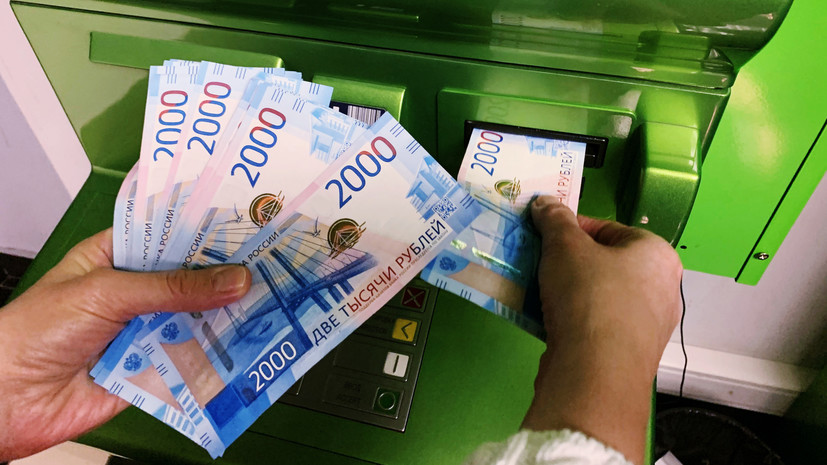In Russia, on June 14, a law came into force prohibiting Russian banks from charging a fee for inter-regional money transfers within a single credit institution.
The corresponding document was signed by President Vladimir Putin in December 2019.
According to the law, the size of the commission that a bank charges when transferring funds between accounts of individuals cannot be determined by the opening of such bank accounts in different separate divisions (internal structural divisions) of a credit institution.
Recall that in October 2019, the then-Prime Minister Dmitry Medvedev demanded that the so-called “banking roaming” be eliminated.
Medvedev noted that credit organizations often try to get higher remuneration for fairly standard procedures without additional financial burden.
“Our country is large, but, from the point of view of such electronic transactions, it has absolutely no difference and does not even affect the costs. Therefore, this inter-regional discrimination is unacceptable and must be eliminated, ”he said.
The State Duma adopted this law in December 2019. The press service of the lower house of parliament then noted that the innovation would eliminate inter-regional discrimination of consumers of banking services. They added that the new law should "motivate banks to optimize business models and business processes."
“The changes should ensure the development of cashless payments and protect the interests of citizens,” it was reported on the website of the State Duma.
Subsequently, the document was approved by the Federation Council.
In turn, the head of Sberbank German Gref, commenting on Medvedev’s words, noted that it is incorrect to call this commission “bank roaming”.
“We are conducting experiments on this topic, it cannot be done in one day. Next year, according to the plan, we will roll out other solutions that we don’t want to announce yet, which will remove this payment, ”Gref said then.
Recall that from April 2020, Sberbank canceled the fee for money transfers between customers from different regions. Since then, transfers totaling up to 50 thousand rubles per month are not subject to any tariffs. However, if this threshold is exceeded, 1% of the amount will be charged, but not more than 1 thousand rubles. Moreover, these rules apply to all movements of funds, including within the framework of one region.
At the same time, it is possible to choose an alternative option - a paid subscription, which increases or completely removes the limit on free transfers.
“We plan to zero out the cost of transfers for citizens between territorial banks and make a limit on transfers in the amount of 50 thousand rubles ... Anything over the limit of 50 thousand rubles, the client will be able to buy a subscription so as not to pay for each transfer,” - explained the deputy chairman of the bank Svetlana Kirsanova.
She also said that the innovation will be introduced gradually - the inhabitants of the Far East were the first to test the new system, and by June it will work throughout the country.
“In terms of the average number of transfers, over 88% of all our customers fall under this limit. That is, the vast majority will receive this service absolutely free, ”she added.
In October 2019, German Gref also noted that 95% of all bank transfers are free of charge.
“We are now changing the monetization model, next year (in 2020 - RT ) we will definitely change it. When we connect to the quick payment system (now the process is going on, in fact), this system will be implemented. Therefore, we tightened a little with the change of monetization model. We needed to change the monetization model earlier. Since April, we began to conduct various experiments in order to understand what will be adequate, what will be perceived by the client, ”Gref said.
Later, he added that Sberbank is testing schemes for changing commission payments, as a result of which an “industrial solution” will be introduced by mid-2020.
According to the data on international financial reporting standards (IFRS) for 2019, Sberbank received an income of 63.6 billion rubles from commissions related to servicing bank cards, which includes commissions for transfers.

